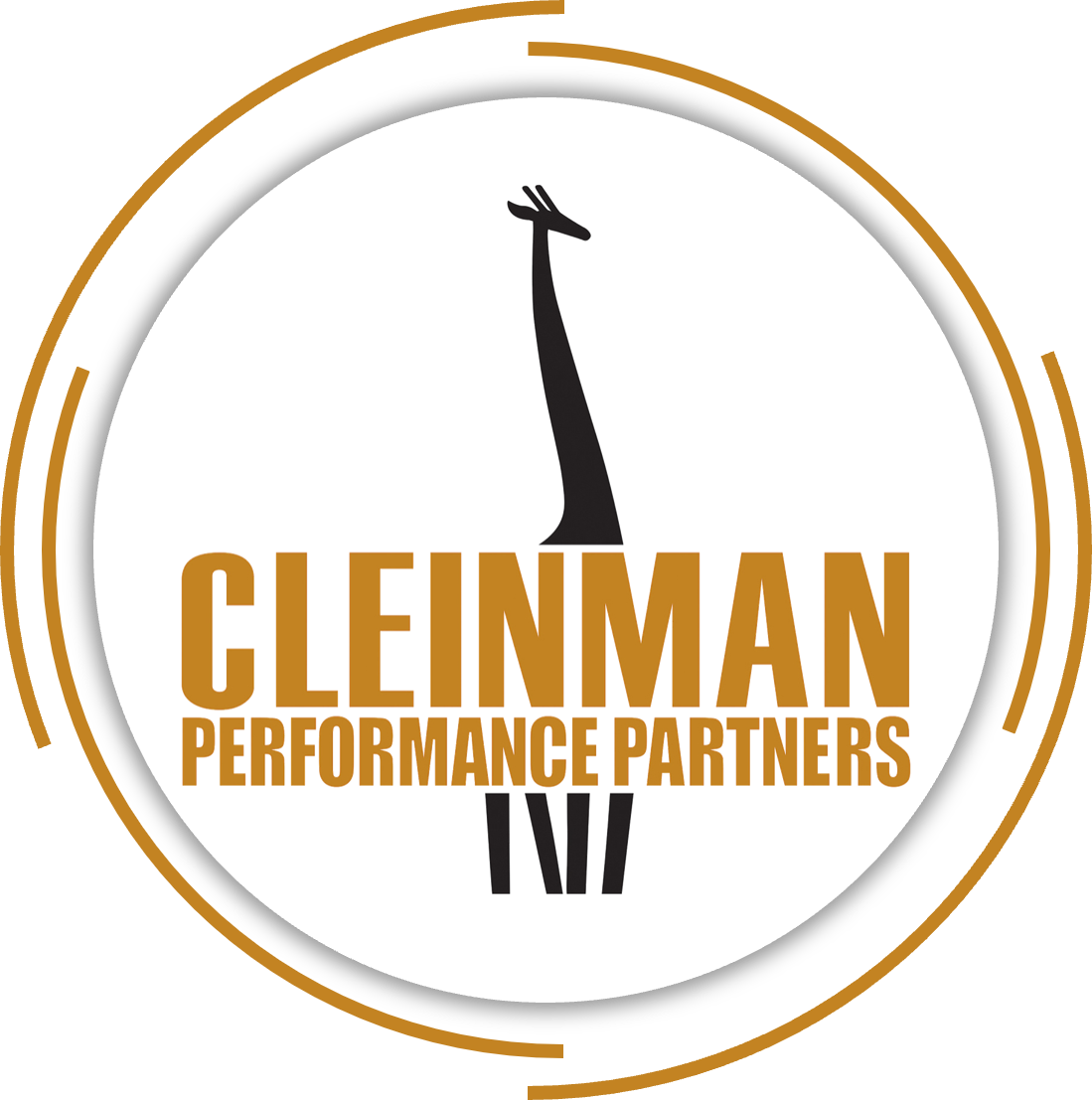By Alan Cleinman

Al Cleinman, Founder and President
Whether 35 or 70, regardless of your age or how long you’ve been in practice, the time is now to begin thinking and planning for your exit. Why? Simply stated, sooner or later you will leave your practice. It’s inevitable! It may happen tomorrow, the result of catastrophe. Or it may be more than 20 years away and simply a dim light in the distance. Regardless, successful transition takes many years of preparation. And for one very important reason, it’s not something that should be left until retirement is just around the corner.
Preparing for transition has a strategic purpose. Indeed, the work involved is the very best way to ensure professional fulfillment and economic success for the entire team.
Planning an exit or succession goes way beyond the actual act of selling. Many of your peers make the mistake of thinking that they own a valuable asset, when in reality they simply own their job, something of little value to another. To build a practice with enterprise value requires an expanded vision beyond the typical optometrist.
So what makes for a good exit? Is it the outcomes or the process that’s important?
In his new book, Finish Big, author Bo Burlingham (co-author with Jack Stack of The Great Game of Business) provides us a foundation upon which to build. Burlingham studied businesses that successfully transitioned ownership. He uncovered some insight of value to any owner, whether of a large corporate enterprise or an optometry practice. Consider these key value propositions described by successful sellers:
• Sellers felt fairly treated during the exit process, including fair compensation for their risks and work required to build the business.
• Sellers had a sense of accomplishment. They felt they’d contributed something of value to the world and had fun doing so.
• Sellers were at peace with what happened to the other people in the organization who’d helped build the business; that the team was treated fairly in the process.
• Sellers had discovered a new sense of purpose outside of their business. They had new lives in which they were fully engaged and excited.
• Sellers were confident that their business would succeed without them. They took pride in how they handled the most difficult task any owner faces: a successful transition.
In many respects, the members of Cleinman Performance Network are engaged in a long-term process designed to deliver a successful exit. You’re focused on developing a practice of value, one which:
• provides you with income beyond that which you would earn working for another;
• does not consume you with the day-to-day work of managing;
• you look at with an investor’s mind-set, focusing on return on capital and energy;
• has all critical functions of the practice have leadership independent of you; and
• thrives when you can leave the business for extended periods.
As an optometrist, you might feel that this message is conceptually far-fetched. After all, as a practicing OD, how can you exit your business and have it continue? Further, you obtain personal fulfillment from taking care of your patients. Indeed, the success of your enterprise is based upon your success as a care-giver, right?
Most business owners share in this same paradox. Few of us are in business for the sole purpose of making money. There are elements of our work that provide us with great joy, the loss of which would leave a significant hole in our lives. All successful entrepreneurs are driven largely by passion for their work. Were this work removed, so too, would be a big part of the reason we’re on the planet.
I’ve often said that a leader’s job is to make one self-redundant. I believe this for every position in a business, since you can’t move to the next level of work without filling the shoes that you leave behind. As an owner, should not your business focus be directed at building an enterprise as an investment, one that generates income independent of you yet allows you to work doing what you love?
For many, this is the exact opposite of your current status. Instead of employing individuals who can take over responsibility, you retain under-skilled individuals and tightly control authority. You fail to delegate. You’re the sole driver of your enterprise. As a result of your own mindset, at the end of the day, you’ll have little to sell and will be consumed by your business in the meantime.
The process of planning for your exit results in a certain “think” about your practice. To build an enterprise only to have it fall apart in your absence is not success. If your absence for a week or two or 20 would cause total organizational meltdown, what have you really built? Imagine the psychic, economic and lifestyle reward of building a team that can operate without you.
Your transition journey begins today. What are you going to do differently?
Read More from Alan Cleinman
